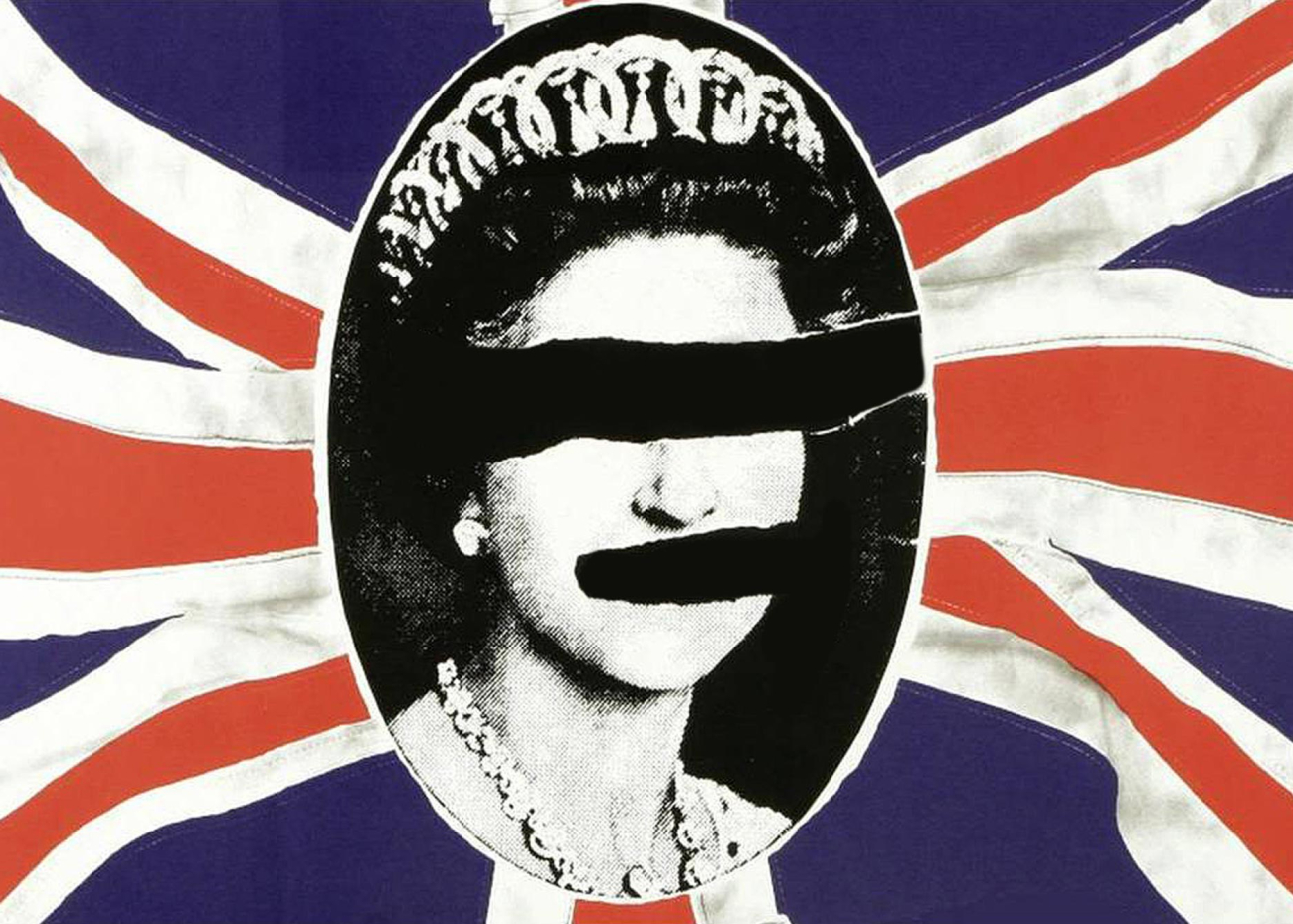What if you could create your way out of a recession?
Everywhere is doom and gloom. Sterling is hovering at its weakest level in decades. Energy prices (and prices more generally) are spiralling out of control.
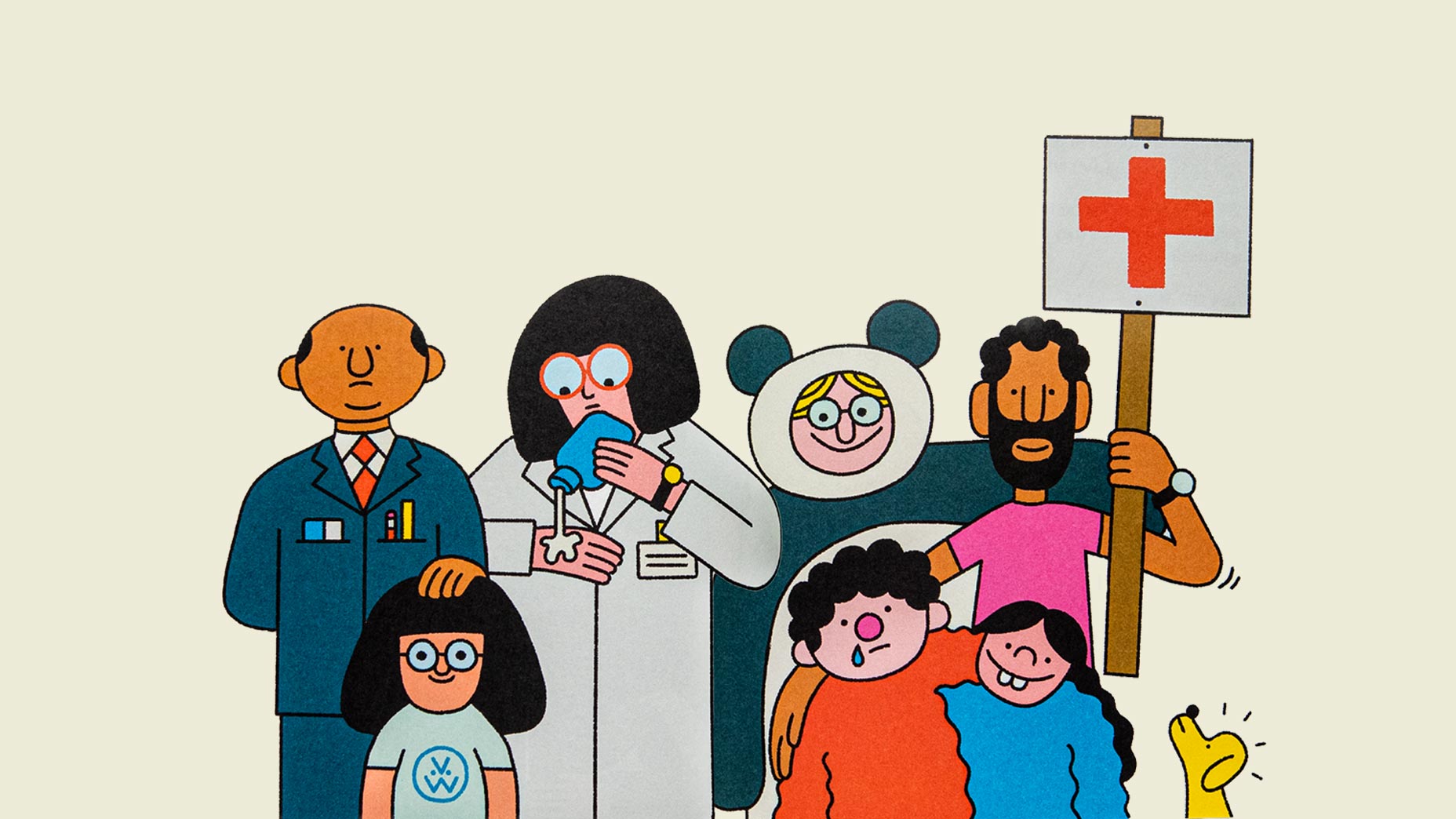
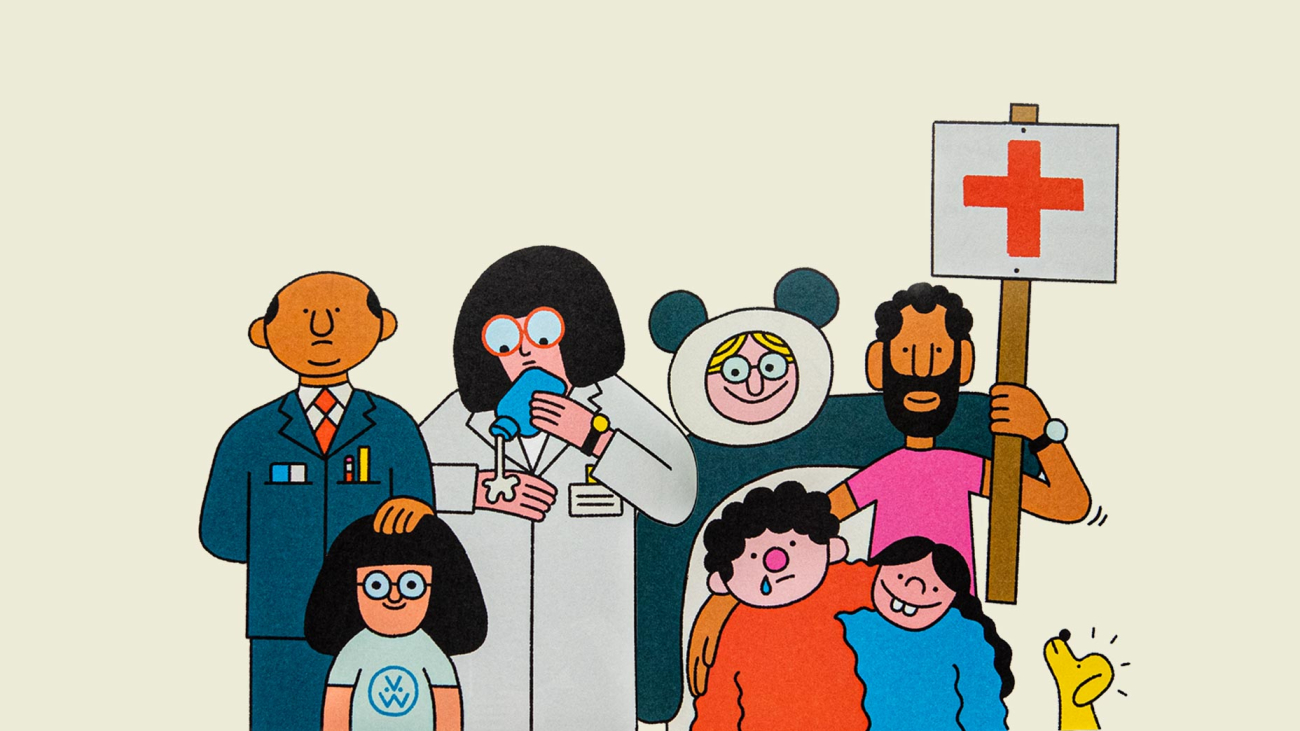
The Bank of England and many City forecasters expect the country to slump into a recession before the year is out. We’ve faced pestilence. We’ve faced war. And now we’re facing into a deep, dark economic hole.
The response from the UK marketing community has been to make the case for continued investment in the industry. This invariably involves pointing out that businesses which continue to invest in their brands through a recession tend to be those that gain the most once we’re out of it: a recent paper published by the ICAEW suggests that companies that maintained their marketing output through the 2008 recession were 3.5 times more visible than organisations that didn’t.
The message is clear: when times are good you should invest in your brand, and when times are bad you must invest.
But what if you don’t have the budget to invest in the first place?
How do you grow, or survive, when there’s no money to spare?
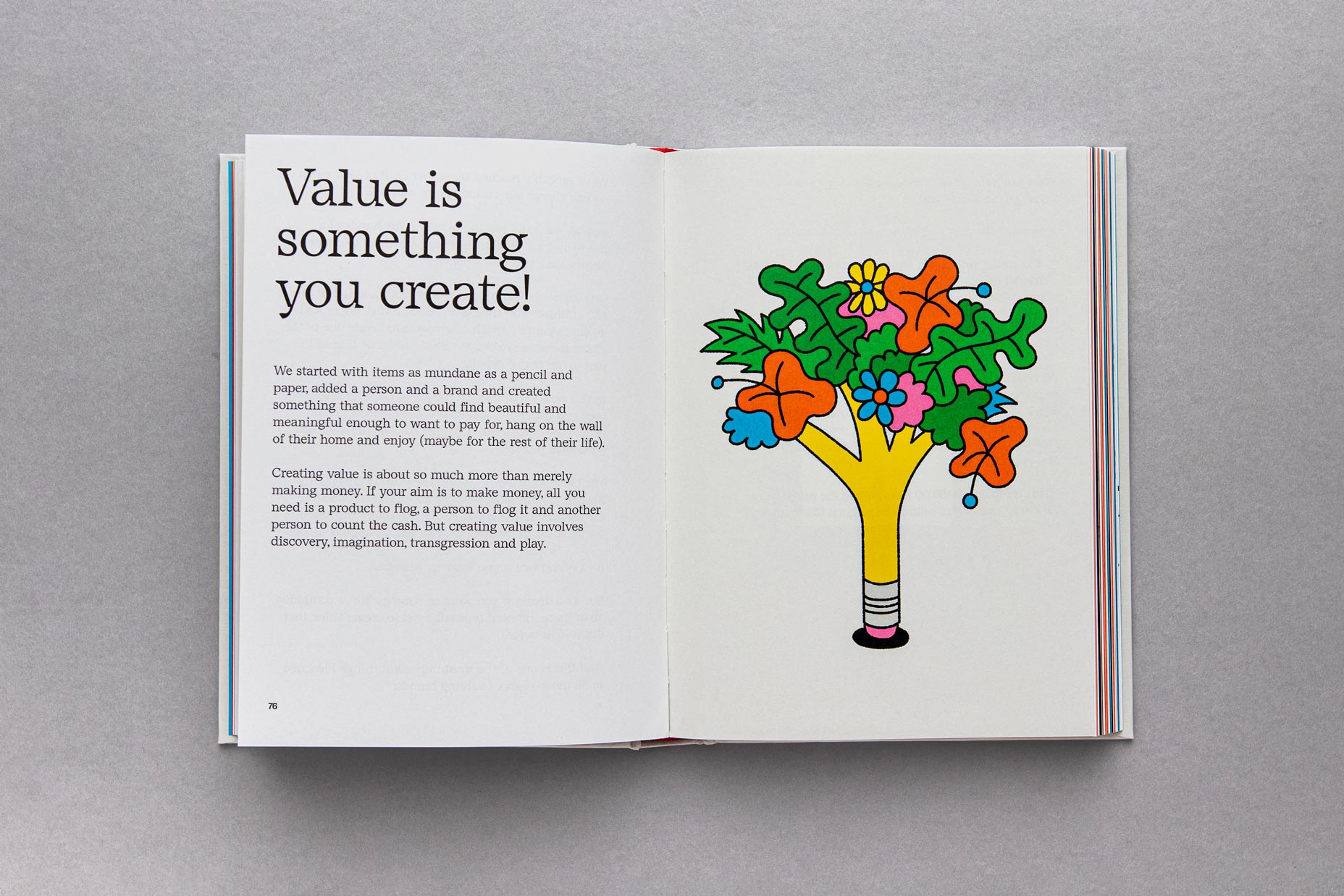
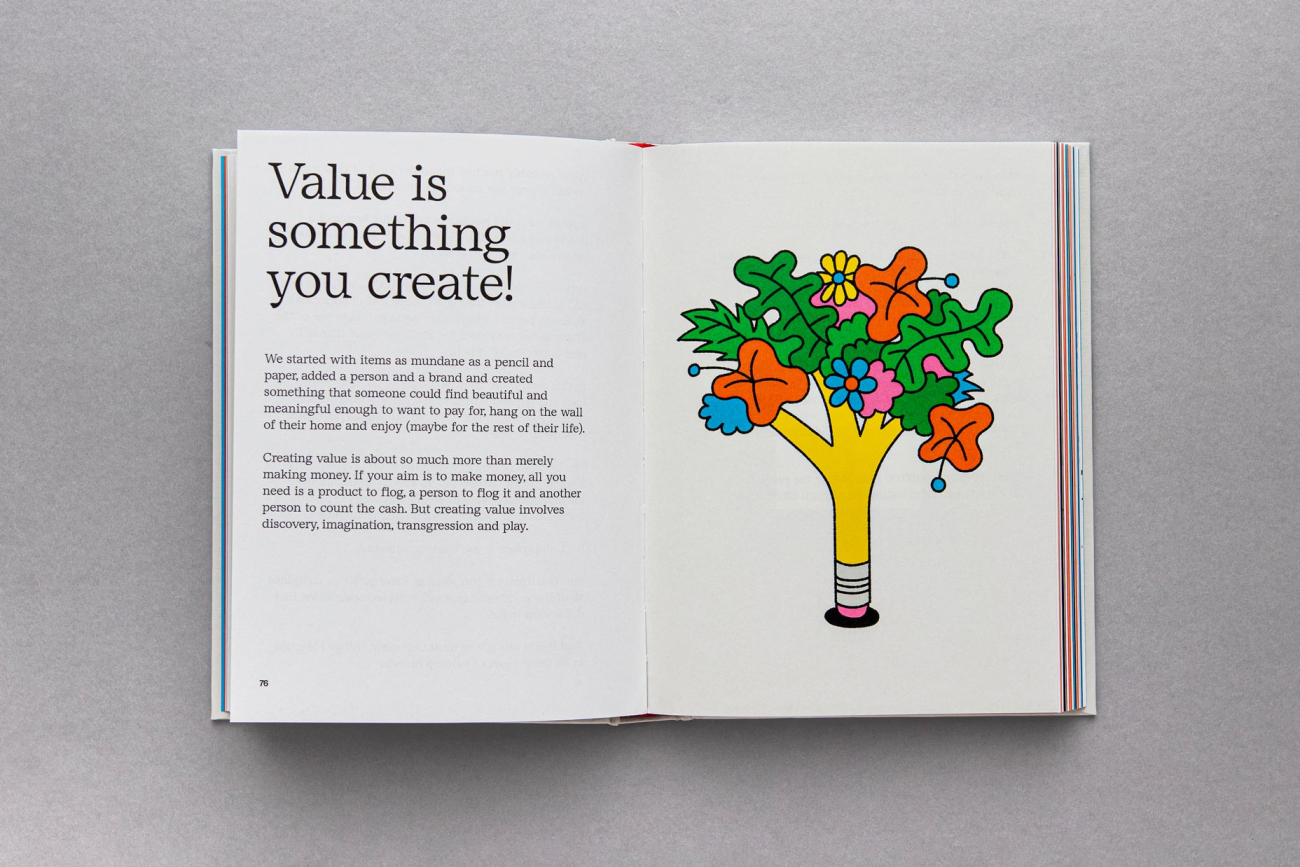
In fact, it turns out that some of the brands we love and admire were launched in difficult times:
Airbnb catered to an audience priced out of hotels by the 2008 credit crunch.
Mailchimp introduced a ‘freemium’ business model around the same time, which saw its user base swell within a year from 85,000 to 450,000.
In the middle of the Great Recession, Warby Parker made it easier and more affordable for people to buy spectacles (and quite nice ones at that).
These are atypical brands, but they illustrate an important point: that value is something that we can create despite limited resources and unfavourable conditions. This is because many of the intangible qualities that are vital to value-creation are free: imagination, ingenuity, and the ability to create, develop and deliver good ideas. So central are ideas to economic growth that superstar economist Dierdre Nansen McCloskey refers to them as the hidden secrets of economic success
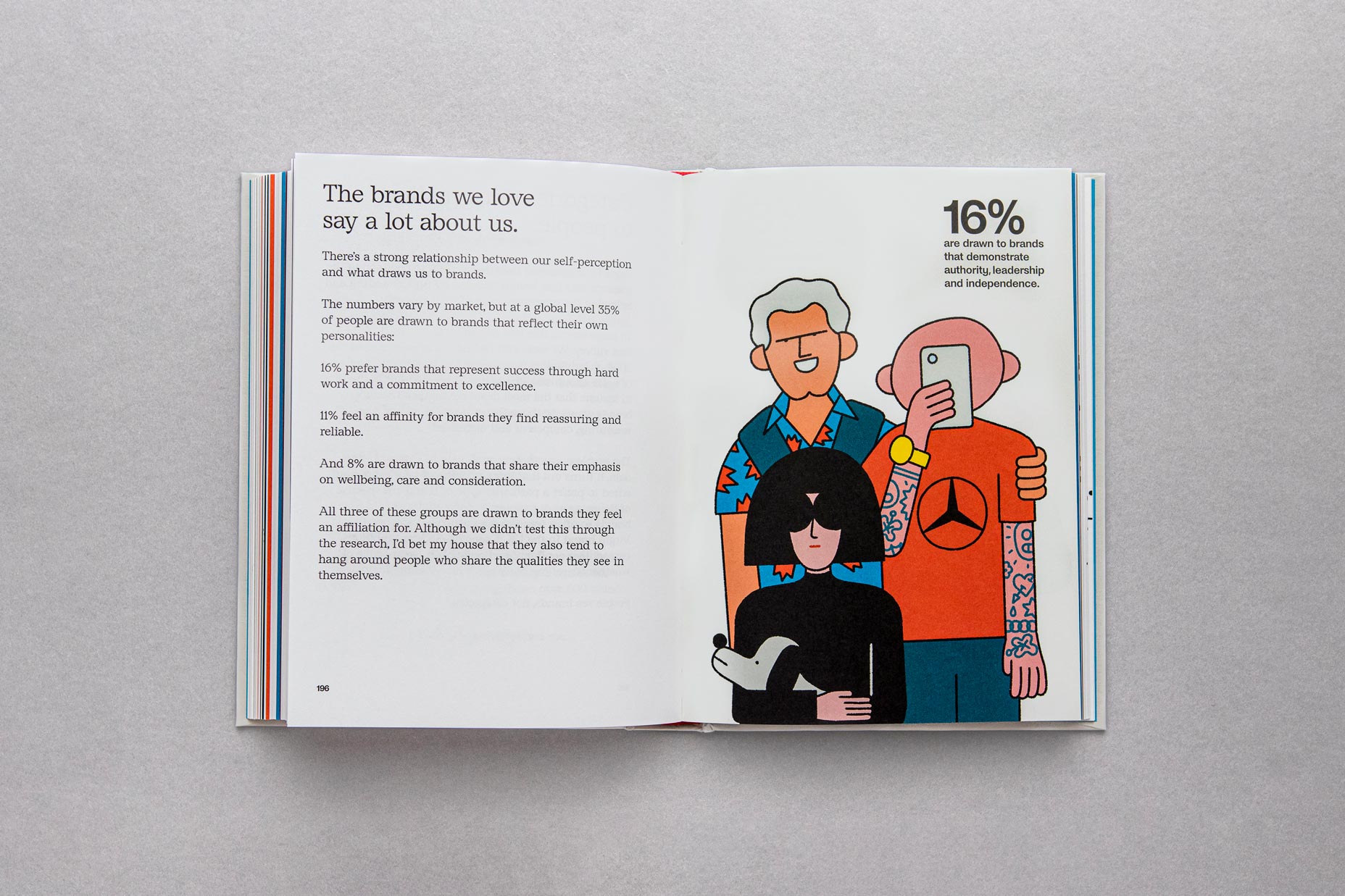
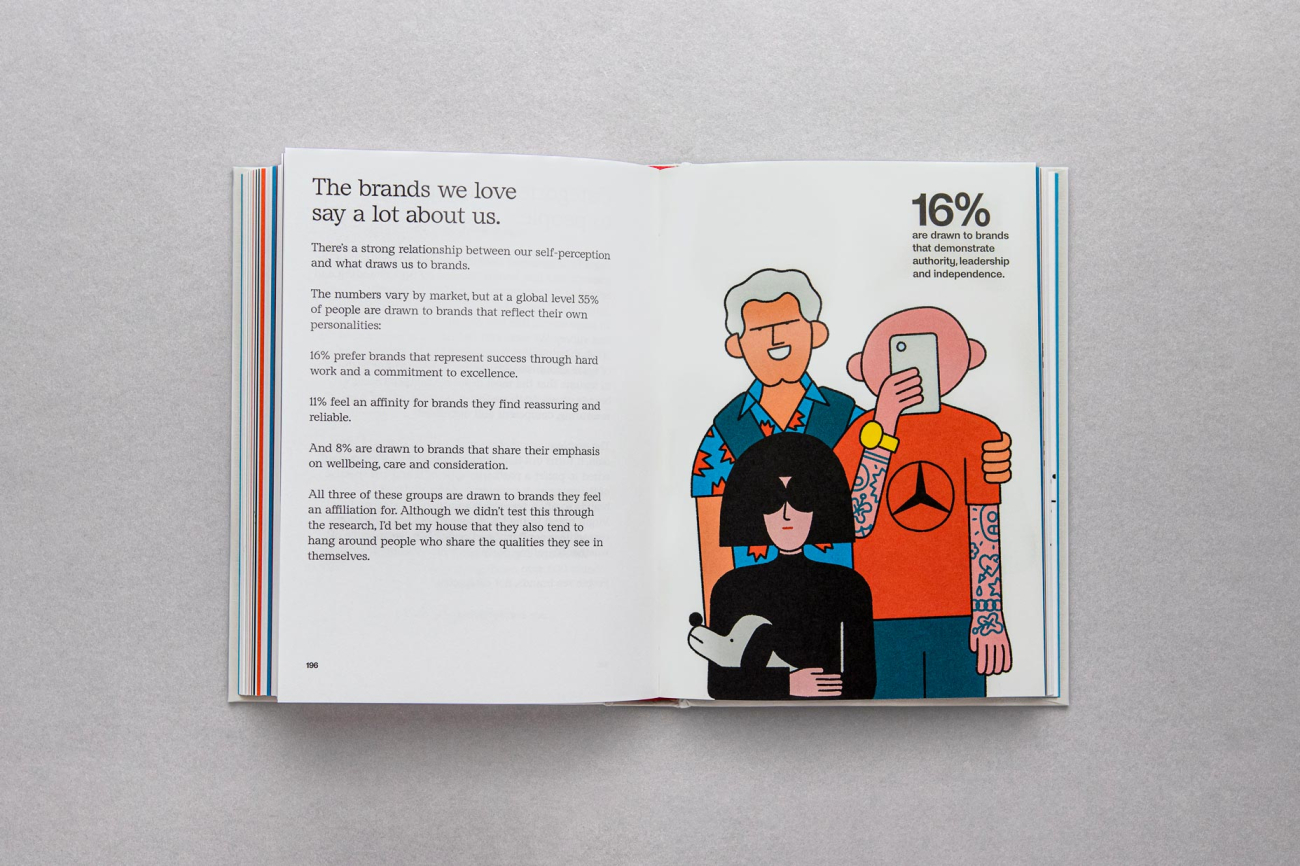
The problem with recession isn’t simply that it restricts the amount of money available for investment: it also saps companies of the energy and the will to create, discuss and pursue good ideas. The good news is that brands can function as lightning rods for originality, creativity and innovation within organisations, even (or especially) in a recession.
In September 2000, the dotcom bubble had left Netflix on its knees: facing a loss of US$50 million over the year and forced into offering itself for sale to Blockbuster for a similar amount. Blockbuster’s leadership failed to see the opportunity and laughed the offer away (literally). The rest is history: Blockbuster filed for bankruptcy in 2010, while Netflix’s market capitalisation is currently hovering around the US$100 billion mark.
How did Netflix turn the situation around?
Netflix co-founder Reed Hastings shared his point of view in his 2020 book, No Rules Rules: Netflix and the Culture of Reinvention:
‘It was not obvious at the time, even to me, but we had one thing that Blockbuster did not: a culture that valued people over process, emphasized innovation over efficiency, and had very few controls.’
Building a culture that encourages people to solve problems, cultivate ideas and listen without prejudice costs no more than building a culture that disempowers individuals, suppresses initiative and stifles potentially great ideas. The difference is that one culture takes creativity seriously, while the other sees it as a nice-to-have.
The message is clear: when times are good you should take creativity seriously, and when times are bad you must create.

